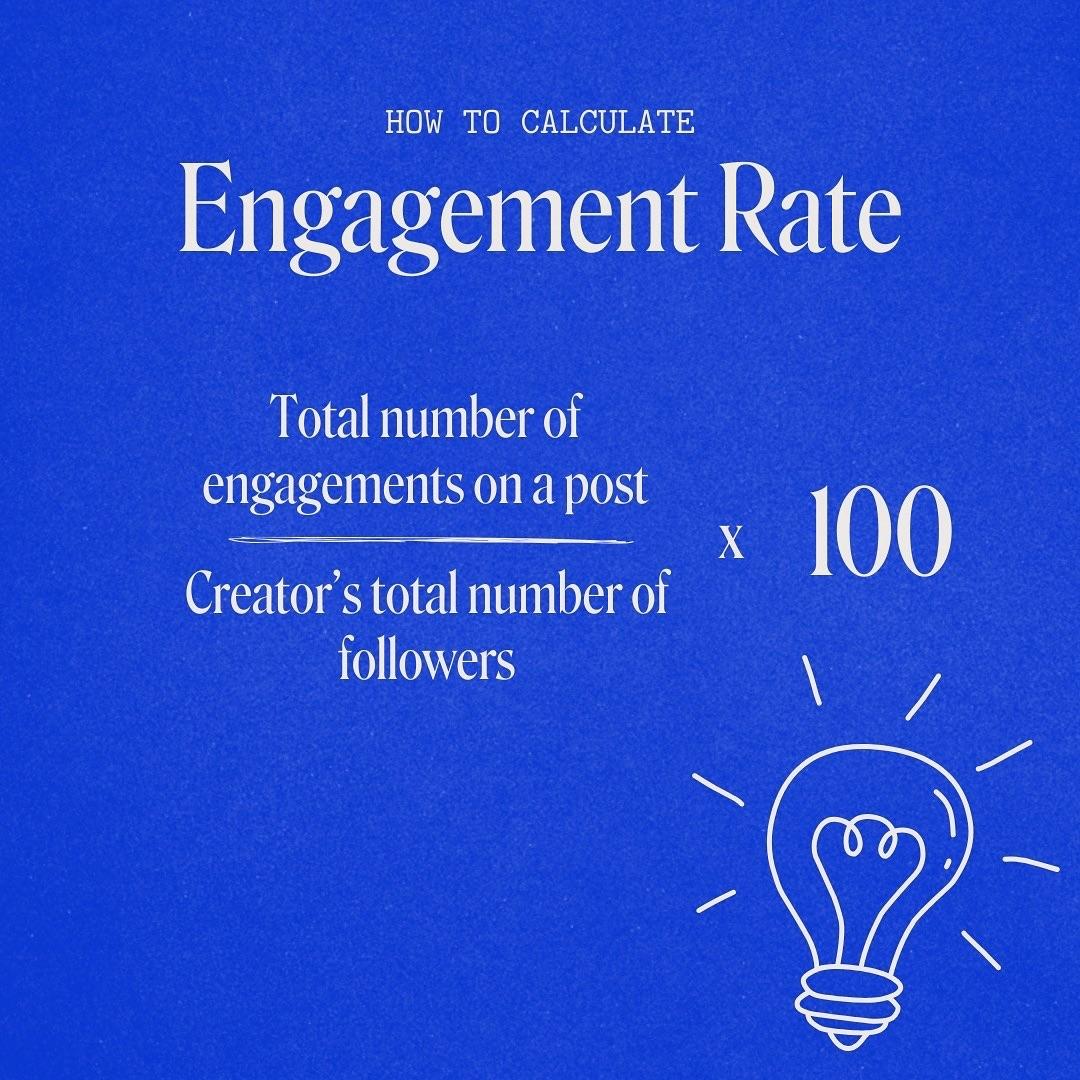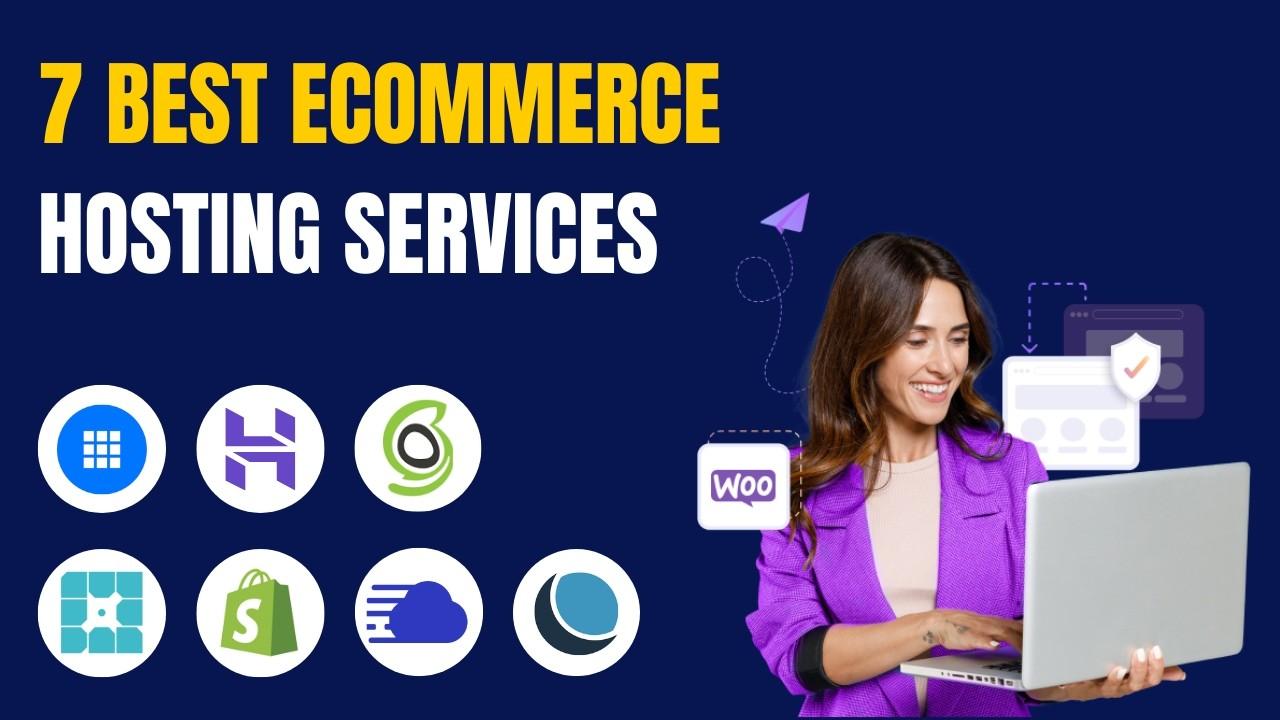
Are you ready to take your online store to the next level? In today’s fast-paced digital landscape, having the right ecommerce hosting provider can make all the difference between a thriving business and one that struggles to keep up. With 2025 just around the corner, the choices are abundant, but finding a host that aligns with your vision and meets your specific needs can feel overwhelming. Don’t worry—we’ve got your back! In this article, we’ll unveil the six best ecommerce hosting providers of 2025, highlighting their standout features and how they can elevate your online shopping experience. Whether you’re just starting out or looking to upgrade, this guide will help you make an informed decision that sets you up for success. So, grab a cup of coffee, and let’s dive in!
Choosing the Right Ecommerce Hosting Provider for Your Online Success
When diving into the world of ecommerce, one of the most crucial decisions you’ll make is selecting the right hosting provider. A robust hosting solution ensures your online store runs smoothly, offering customers a seamless shopping experience. But with so many options available, how do you find the ideal match for your business needs?
First, you need to consider performance and reliability. Your ecommerce site must be up and running 24/7, especially during peak shopping hours. Look for hosting providers that guarantee high uptime percentages, ideally above 99.9%. This reliability translates into trustworthiness in the eyes of your customers.
Next, think about scalability. As your business grows, your hosting needs will evolve. Choose a provider that allows you to easily upgrade your plan or resources without significant downtime or hassle. This flexibility can save you time and money in the long run.
In addition, security features are paramount. Since ecommerce sites handle sensitive customer data, ensure your hosting provider offers robust security measures. Look for features like:
- SSL certificates for secure transactions
- Daily backups to recover your data in case of an emergency
- Firewall protection to guard against cyber threats
Another important factor is customer support. You’ll want a hosting provider that offers 24/7 support via multiple channels, such as live chat, email, or phone. Quick and effective support can make all the difference, especially when you encounter technical issues during a critical sales period.
To help you visualize your options, consider the following comparison of popular ecommerce hosting providers:
| Provider | Uptime Guarantee | Starting Price | Customer Support |
|---|---|---|---|
| Provider A | 99.9% | $5/month | 24/7 Live Chat |
| Provider B | 99.95% | $7/month | Email, Phone |
| Provider C | 99.98% | $10/month | 24/7 Support |
Lastly, consider the features and tools each hosting provider offers. Having access to built-in ecommerce solutions, such as shopping cart software, payment gateways, and integrations with popular marketing tools, can simplify your workflow and enhance your store’s functionality.
By carefully weighing these considerations, you’re setting your ecommerce business up for success. Choose a hosting provider that aligns with your goals, offers the right features, and provides reliable support to navigate the exciting journey of online retail.

What Makes a Great Ecommerce Hosting Provider Stand Out
When choosing an ecommerce hosting provider, several key factors can significantly enhance the overall experience and success of your online store. First and foremost, performance can’t be overlooked. A hosting provider that offers robust server speed and uptime will ensure that your site remains accessible and loads quickly, ultimately reducing bounce rates and improving customer satisfaction.
Next, consider the scalability of the hosting service. As your business grows, your hosting needs will evolve. A great provider allows you to easily upgrade your plan or resources without experiencing downtime or complicated migrations. This flexibility is crucial for adapting to seasonal sales or sudden spikes in traffic.
Another critical element is security. The best ecommerce hosting providers implement advanced security measures, such as SSL certificates, regular backups, and DDoS protection. These features safeguard your website and customer data from potential threats, which is a must-have in today’s digital environment where cyber-attacks are increasingly common.
Moreover, customer support sets outstanding providers apart. Look for hosting services that offer 24/7 support via multiple channels like live chat, phone, or email. Responsive and knowledgeable support can help resolve issues promptly, minimizing disruptions to your business operations.
Let’s not forget about the user-friendly tools that some providers offer. Many leading ecommerce hosting services come equipped with intuitive control panels and integration with popular ecommerce platforms like WooCommerce or Shopify. These tools simplify the process of setting up and managing your online store, allowing you to focus more on growing your business rather than managing technical details.
Lastly, consider pricing and value for money. While it might be tempting to go for the cheapest option, weigh the features and benefits against the cost. A more expensive provider might offer essential features that save you time and money in the long run, making it a more valuable investment.
| Feature | Importance |
|---|---|
| Performance | Reduces bounce rates, improves user experience |
| Scalability | Supports business growth |
| Security | Protects customer data, builds trust |
| Customer Support | Ensures quick issue resolution |
| User-Friendly Tools | Simplifies store management |
| Value for Money | Long-term cost efficiency |
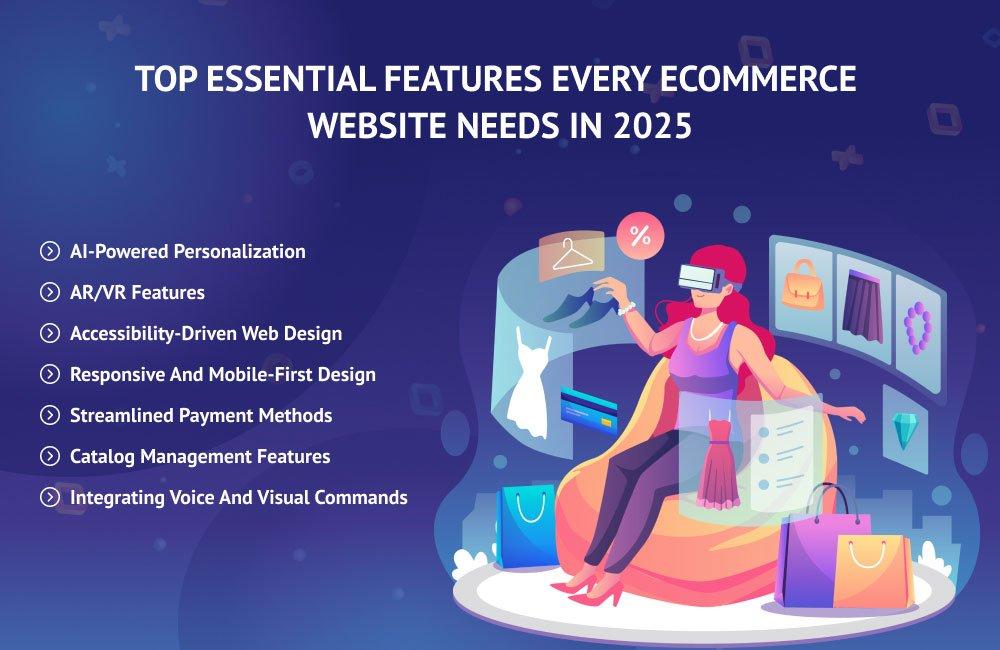
Understanding Your Ecommerce Needs Before You Choose
Choosing the right ecommerce hosting provider is a crucial step that can significantly impact your online business’s success. Before you dive into options, it’s essential to assess your specific needs and expectations. Here are some key factors to consider:
- Scalability: Ensure that the hosting provider can grow with your business. You might start small, but as your sales increase, your hosting needs will evolve. Look for options that allow easy upgrades.
- Performance: Speed matters. A slow website can deter customers. Evaluate hosting providers based on their uptime guarantees and loading speeds to keep your site running smoothly.
- Security: With the rise of online fraud, robust security features are non-negotiable. Check if the provider offers SSL certificates, firewalls, and regular backups to protect your store and customer data.
- Support: 24/7 customer support is essential. You want a hosting provider that’s there to help you with issues whenever they arise, whether it’s day or night.
- User-Friendly Features: Consider how easy it is to use their platform. A user-friendly control panel can save you time and frustration, especially if you’re not tech-savvy.
Next, think about the type of ecommerce platform you plan to use. Not all hosting providers are compatible with every platform, so check if they support popular options like WooCommerce, Shopify, or Magento. Some providers even offer specialized hosting plans tailored for specific platforms, providing optimized performance and features.
Cost is another critical factor. While it might be tempting to opt for the cheapest option, be cautious. Assess what the pricing includes—such as bandwidth, storage, and additional features like email hosting or domain registration. Sometimes, a slightly higher investment can yield better long-term savings and performance.
Lastly, don’t forget about reviews and recommendations. Look for testimonials from other ecommerce business owners to gauge their experiences with potential hosting providers. A solid reputation often speaks volumes, and learning from others can help you avoid common pitfalls.
The right ecommerce hosting provider can be the backbone of your online store, supporting your growth and providing the necessary tools for success. Make sure to take the time to analyze your specific needs before making a decision—your future self will thank you!
Top Features to Look for in Ecommerce Hosting
When choosing the right hosting provider for your ecommerce site, there are several crucial features that can make or break your online business. Here are some key elements to consider:
- Performance and Speed: Fast loading times are essential for retaining customers. Look for providers that boast solid uptime guarantees and optimized performance to ensure your site runs smoothly during peak traffic.
- Security Measures: Ecommerce sites are prime targets for cyberattacks. Choose a host that offers robust security protocols, such as SSL certificates, regular backups, and advanced firewalls, to safeguard your customer data.
- Scalability: As your business grows, your hosting needs will evolve. Opt for a provider that allows for easy scalability, enabling you to upgrade your plan or resources without hassle.
- Customer Support: Reliable customer support is vital, especially when dealing with technical issues. Look for hosting providers that offer 24/7 support via multiple channels, including live chat, phone, and email.
- Integration Options: A good ecommerce hosting provider should seamlessly integrate with popular ecommerce platforms and tools, such as WordPress, WooCommerce, Shopify, and payment gateways, to streamline your operations.
- Pricing and Plans: Compare pricing plans carefully. Some providers offer excellent features at competitive prices, but others may have hidden costs. Ensure that the pricing fits your budget while providing value for your investment.
Additionally, consider the following aspects:
| Feature | Importance | Notes |
|---|---|---|
| Performance | High | Crucial for user experience and SEO. |
| Security | Critical | Protects sensitive customer information. |
| Scalability | Medium | Helps manage growth effectively. |
| Support | High | Essential for troubleshooting. |
In addition to these features, consider looking into the hosting provider’s reputation and user reviews. This can provide insights into real-world performance and customer satisfaction. Choosing the right ecommerce hosting is not just about finding the cheapest option; it’s about finding a partner that will support your business goals and help you thrive in a competitive market.

Exploring the Speed and Performance of Leading Providers
In the ever-evolving world of eCommerce, speed and performance are paramount. Customers today expect instant gratification, and a sluggish website can lead to lost sales and tarnished reputations. So, which hosting providers rise to the occasion in 2025? Let’s explore the speed and performance capabilities of the leading eCommerce hosts.
1. Lightning-Fast Load Times
When it comes to eCommerce, every millisecond counts. The top providers in 2025 utilize advanced technologies such as:
- CDN Integration: Content Delivery Networks distribute your content across multiple servers globally, ensuring faster load times no matter where your customers are located.
- HTTP/3 Protocol: This newer version of HTTP enhances the speed of data transfer, leading to quicker page loads.
- Optimized Caching: Smart caching reduces the time it takes to load frequently accessed data, significantly improving user experience.
2. Uptime Guarantees
A reliable hosting service is one that is up and running at all times. In 2025, leading eCommerce hosting providers offer:
- 99.99% Uptime: Most top-tier providers boast impressive uptime guarantees, meaning your store is accessible almost all the time.
- Real-Time Monitoring: Constant checks ensure that any issues are quickly identified and rectified before they affect your business.
3. Scalability
As your business grows, so do your hosting needs. The best eCommerce providers offer scalable solutions, allowing you to:
- Seamlessly Upgrade Resources: Easily increase bandwidth, storage, and processing power as traffic surges.
- Flexible Plans: Choose from a variety of plans that accommodate different business sizes and traffic levels.
4. Performance Optimization Tools
Many leading providers equip their platforms with built-in performance optimization tools, such as:
- Image Compression: Automatically reduces image sizes without sacrificing quality, speeding up load times.
- Lazy Loading: This technique delays loading images until they are in view, improving initial load speeds.
5. Insights and Analytics
Understanding your website’s performance is essential for ongoing optimization. The top hosting providers now offer:
- Comprehensive Dashboards: Visualize key metrics like load times, uptime, and traffic patterns in one place.
- Performance Benchmarking: Compare your site’s performance against industry standards and competitors.
| Provider | Load Time (ms) | Uptime Guarantee | Scalability Options |
|---|---|---|---|
| Host A | 150 | 99.99% | Flexible Plans |
| Host B | 120 | 99.98% | Seamless Upgrades |
| Host C | 130 | 99.97% | Resource Allocation |
When evaluating eCommerce hosting providers, remember that speed and performance are not just technical metrics but critical components of your overall business success. Choosing the right partner in 2025 can set the stage for smooth sailing as you grow your online store.
Security Matters: How to Keep Your Online Store Safe
In the ever-evolving landscape of online commerce, ensuring the safety of your ecommerce store is more crucial than ever. With cyber threats lurking around every digital corner, having a strong security foundation can protect your business and build trust with your customers. Here are some essential practices to keep your online store secure.
1. Choose a Reliable Hosting Provider: Your hosting provider plays a vital role in your store’s security. Opt for a provider that offers robust security features, such as:
- Regular backups
- SSL certificates for secure transactions
- Firewalls and DDoS protection
- 24/7 monitoring and support
2. Implement SSL Certificates: An SSL certificate encrypts data transmitted between your website and users, ensuring that sensitive information like credit card numbers and personal details remain confidential. Make this a priority, as it enhances your credibility and can boost your search engine ranking.
3. Keep Software Up-to-Date: Whether it’s your ecommerce platform, plugins, or any other software your store relies on, keeping everything updated is essential. Developers frequently release updates that patch security vulnerabilities, so staying current can significantly reduce your risk of a breach.
4. Use Strong Passwords and Two-Factor Authentication: Encourage your team and customers to use complex passwords that include a mix of letters, numbers, and symbols. Implementing two-factor authentication adds an extra layer of security that can deter unauthorized access to accounts.
5. Monitor Transactions and User Activity: Keep an eye on your transactions for any suspicious activity. Implementing regular audits can help catch fraudulent behavior early. Additionally, track user login attempts and lock accounts after repeated failed attempts.
6. Educate Your Team: Your employees are your first line of defense against security threats. Provide training on the importance of cybersecurity, including recognizing phishing attempts and understanding best practices for data protection.
| Security Feature | Importance |
|---|---|
| SSL Certificates | Encrypts data during transactions |
| Regular Updates | Patches vulnerabilities |
| Two-Factor Authentication | Enhances account security |
| Employee Training | Reduces risk of human error |
Securing your online store isn’t just about protecting your business; it’s about safeguarding your customers’ trust. By taking proactive measures and investing in reliable security practices, you can create a safer shopping environment that ultimately leads to greater customer satisfaction and loyalty.
The Role of Customer Support in Your Ecommerce Hosting Decision
When it comes to choosing an ecommerce hosting provider, customer support is a critical factor that often gets overlooked. The reality is, no matter how user-friendly a platform may seem, issues are bound to arise. Whether it’s a technical glitch, a question about features, or assistance with payment gateways, having access to responsive and knowledgeable customer support can make or break your ecommerce experience.
Imagine launching your online store only to encounter a significant issue during peak shopping hours. Without reliable support, what could have been a simple fix could lead to lost sales and frustrated customers. Therefore, it’s essential to evaluate the customer support options offered by each hosting provider you consider.
Here’s why robust customer support should be a key factor in your decision-making process:
- 24/7 Availability: Your ecommerce store operates around the clock, and technical issues don’t stick to a 9-5 schedule. Look for providers that offer 24/7 support via multiple channels such as live chat, phone, and email.
- Expertise: Ideally, you want to connect with knowledgeable support staff who can quickly diagnose issues. Check if the provider has a dedicated support team or technical experts specifically for ecommerce solutions.
- Comprehensive Resources: A great support system goes beyond personal assistance. Providers that offer tutorials, FAQs, and knowledge bases empower users to troubleshoot independently and learn at their own pace.
- Response Times: Quick response times can save you from prolonged downtime. Look for hosting providers that boast fast ticket resolutions or immediate chat support.
To illustrate the importance of customer support, consider this comparison table of popular ecommerce hosting providers:
| Provider | 24/7 Support | Average Response Time | Support Channels |
|---|---|---|---|
| Host A | Yes | 5 minutes | Live Chat, Phone, Email |
| Host B | No | 30 minutes | Email, Ticketing System |
| Host C | Yes | 4 minutes | Live Chat, Phone |
| Host D | Yes | 2 minutes | Live Chat, Phone, Email |
As seen in the table, not all ecommerce hosting providers are created equal when it comes to customer support. Choosing a provider with robust support can significantly enhance your operational efficiency and customer satisfaction. It’s an investment in peace of mind that can lead to higher retention rates and better overall performance for your online store.
when comparing hosting providers, remember to prioritize customer support. A well-supported platform ensures you can focus on what matters most: growing your business and providing an exceptional experience for your customers. Don’t hesitate to reach out to potential hosts before making a choice; their responsiveness during your inquiry can be an indicator of the service you can expect in the long run.
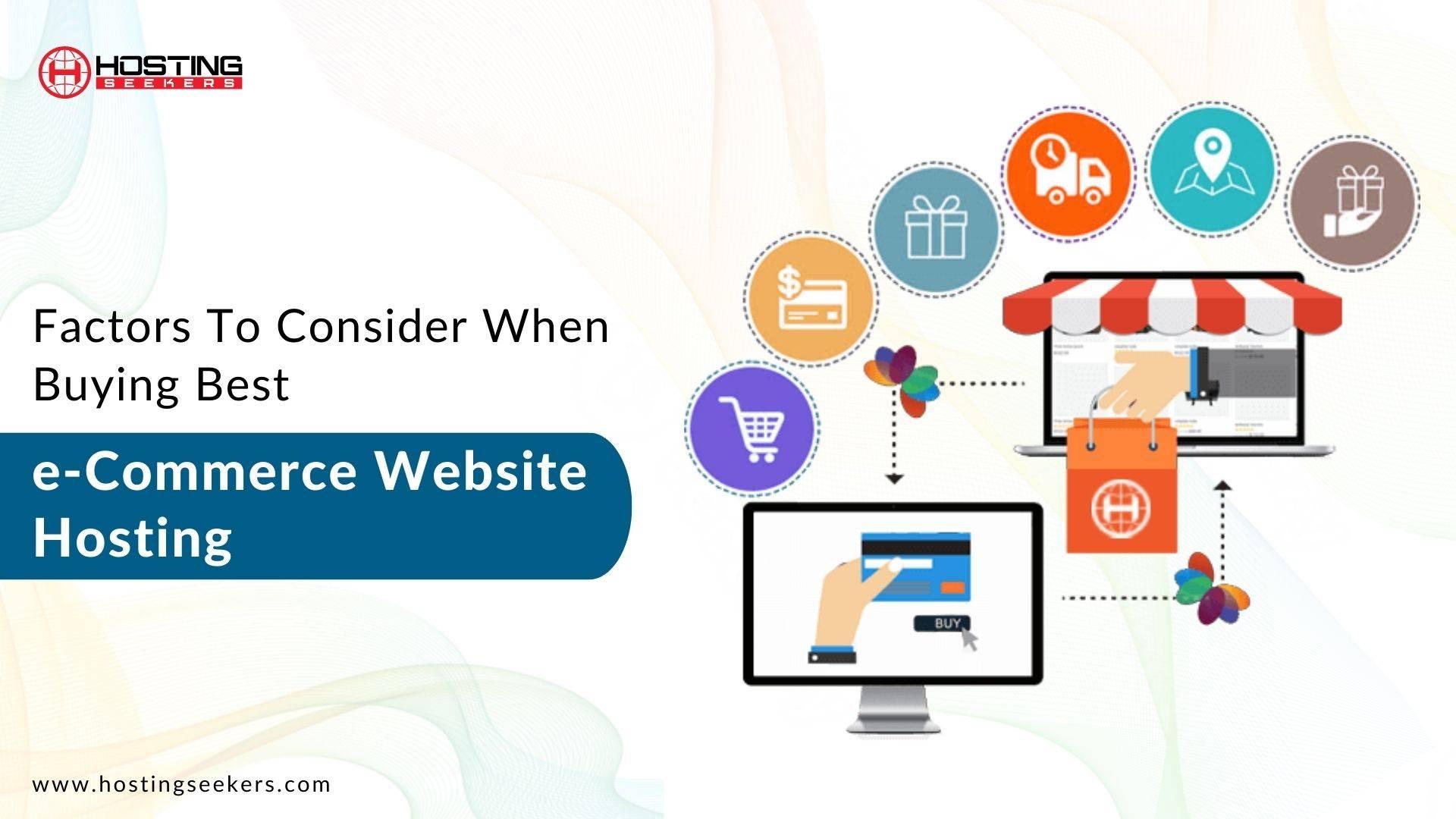
Comparing Pricing Plans: Finding the Best Value for Your Business
When it comes to choosing an ecommerce hosting provider, understanding the various pricing plans available can be overwhelming. Each provider offers a range of options, each with its own features, upsells, and potential hidden costs. It’s essential to break down these plans to find what truly gives you the best value for your business.
First off, consider what your business actually needs. Are you just starting out, or do you have a growing customer base that demands more robust capabilities? Here are some key factors to keep in mind:
- Storage and Bandwidth: Adequate storage and bandwidth are crucial for loading times and handling traffic spikes.
- Customer Support: Reliable, 24/7 customer service can save you from potential downtime.
- Security Features: SSL certificates, firewall protections, and backup services should be included in your plan.
- Scalability: As your business grows, your hosting needs will change, so consider a provider that allows easy upgrades.
Next, let’s take a look at some exemplary pricing plans from leading ecommerce hosting providers:
| Provider | Basic Plan | Advanced Plan | Enterprise Plan |
|---|---|---|---|
| Provider A | $9.99/month | $19.99/month | $39.99/month |
| Provider B | $12.99/month | $25.99/month | $49.99/month |
| Provider C | $8.99/month | $16.99/month | $34.99/month |
When evaluating these plans, consider the price-to-value ratio. While a lower price might seem appealing, if the plan lacks critical features, you could end up spending more in the long run. For instance, some providers may charge extra for SSL certificates or backups, inflating your total costs unexpectedly.
Another consideration is the length of the contract. Some providers offer significant discounts for long-term commitments, but if you’re uncertain, short-term plans with flexible terms might be a safer choice. Always weigh the initial savings against your future needs.
Lastly, don’t forget to read the fine print. Terms of service can contain important information about renewal rates, service limitations, and cancellation policies. Make sure to ask questions or seek clarification on any points that are unclear before making a decision.
With all these factors in mind, you’re better equipped to choose a plan that not only meets your current needs but grows alongside your business. Remember, the right ecommerce hosting provider can make all the difference in your success!

User-Friendly Platforms: The Importance of Easy Setup and Management
When it comes to eCommerce, the ease of setup and management can make or break your online store. User-friendly platforms empower entrepreneurs to focus on what truly matters—growing their business—without getting bogged down by technical complexities. A seamless onboarding process is essential, allowing users to hit the ground running and start selling almost immediately.
Consider the following benefits of choosing an easy-to-manage eCommerce hosting provider:
- Quick Setup: User-friendly platforms often feature one-click installations and straightforward processes that allow new users to launch their stores in a matter of minutes.
- Intuitive Dashboards: A clean and intuitive interface simplifies navigation, enabling users to manage products, track sales, and analyze customer behavior effortlessly.
- Comprehensive Support: With robust customer service options, including live chat and extensive knowledge bases, users can quickly resolve issues without wasting time.
- Templated Designs: Pre-designed templates and customizable themes allow users to create visually appealing stores without needing design skills, making it easy for anyone to build a professional online presence.
Moreover, management tools should be as accessible as the initial setup. Your platform should offer:
- Inventory Management: Simple tools to track stock levels, automate reordering, and manage supplier relationships contribute to a smoother operation.
- Payment Integration: Easy integration with various payment gateways ensures that customers have multiple options at checkout, improving conversion rates.
- Analytics and Reporting: Built-in analytics provide insights into customer behavior and sales trends, helping you make informed business decisions.
In addition, an ideal platform should support scalability. As your business grows, it’s crucial that your hosting provider can accommodate increased traffic and product listings without causing disruptions. A reliable hosting service will ensure that your site remains fast and responsive, even during peak shopping seasons.
Ultimately, investing in a user-friendly eCommerce hosting solution is about more than just convenience; it’s a strategic decision that can lead to higher sales, better customer experiences, and sustained business growth. By prioritizing platforms that simplify both setup and management, you set the stage for long-term success in the competitive eCommerce landscape.

Scalability: Preparing Your Ecommerce Site for Growth
When it comes to growing your ecommerce business, having a robust hosting solution is non-negotiable. As your online store gains traction, the demands on your hosting infrastructure will increase. This is why scalability should be a top priority when selecting your ecommerce hosting provider.
Understanding Scalability is crucial. It refers to the ability of your hosting environment to accommodate increased traffic and larger volumes of transactions without compromising performance. When your store experiences a surge in visitors, whether due to marketing efforts, sales events, or seasonal spikes, your hosting should seamlessly manage the load. A scalable solution will allow you to adjust resources easily, ensuring your site remains operational and responsive.
Here are some features to look for in a scalable ecommerce hosting provider:
- Cloud-Based Infrastructure: Opt for hosting that utilizes cloud technology, as it allows for rapid resource allocation based on current traffic levels.
- Load Balancing: This feature distributes incoming traffic evenly across multiple servers, preventing any single server from becoming overwhelmed.
- Automatic Scaling: Choose a provider that offers automatic scaling options, enabling your site to adjust its resources dynamically without manual intervention.
- Content Delivery Networks (CDN): A CDN can enhance load times and optimize user experience, especially during high traffic periods.
To illustrate the importance of scalability, consider the following table that compares different hosting solutions based on scalability features:
| Hosting Provider | Cloud-Based | Automatic Scaling | CDN Included |
|---|---|---|---|
| Provider A | Yes | Yes | Yes |
| Provider B | Yes | No | Yes |
| Provider C | No | No | No |
Moreover, consider the long-term implications of your hosting choice. A solid hosting provider will not only support your current needs but will also grow with you as your business evolves. Investing in a scalable hosting solution today can save you a lot of headaches tomorrow. The last thing you want during a critical sales period is to face downtime due to insufficient server capacity.
Another important aspect is customer support. A reliable hosting provider should offer 24/7 support, ready to assist you with any issues that may arise during peak traffic times. Look for providers with a reputation for excellent customer service; this can make all the difference in ensuring your ecommerce site operates smoothly, even when it’s busier than usual.
preparing your ecommerce site for growth demands careful consideration of scalability. By choosing a host that prioritizes flexible resources, load balancing, and robust support, you set the stage for sustainable growth and customer satisfaction. Ensure you assess these features thoroughly when evaluating your options and get ready to elevate your online business to new heights.
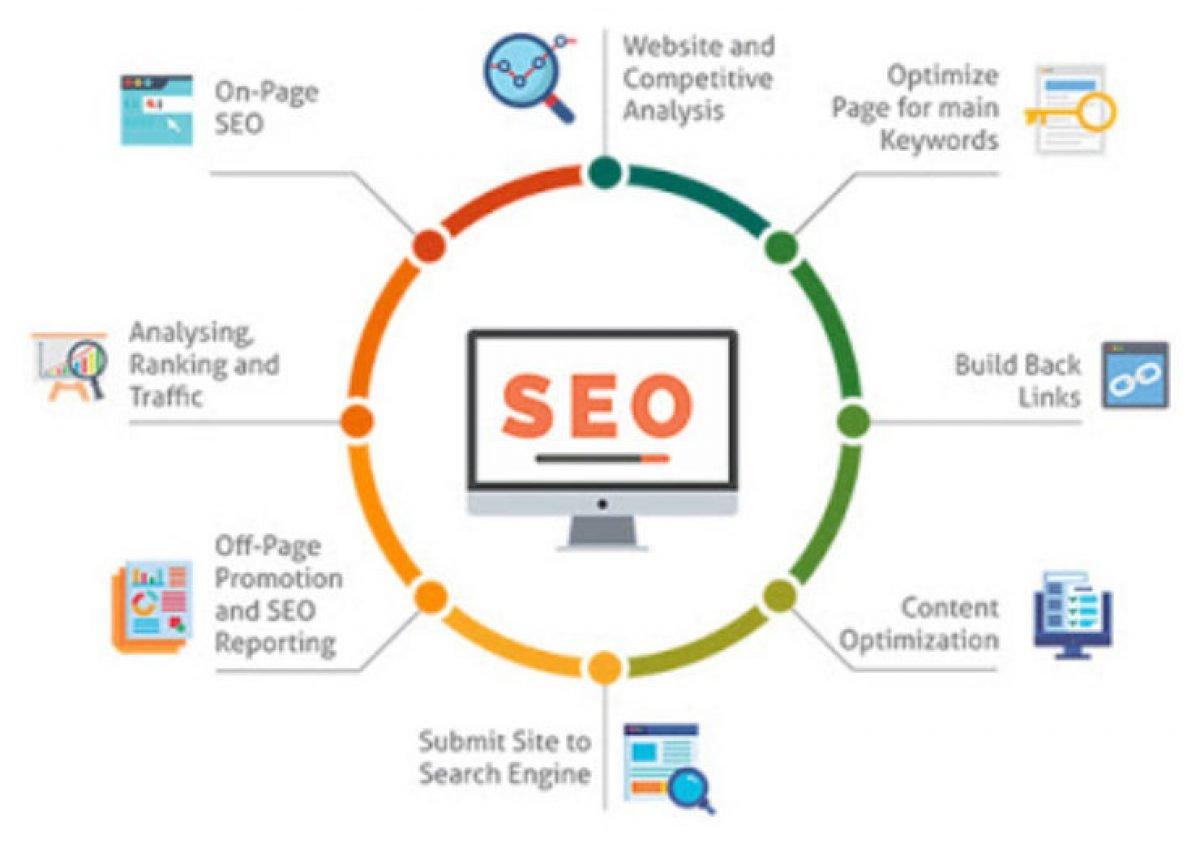
SEO Benefits of Choosing the Right Hosting Provider
When it comes to running a successful eCommerce store, the choice of hosting provider can significantly impact your SEO efforts. A reliable hosting provider not only ensures that your website runs smoothly but also enhances your online visibility. Here are some key SEO benefits that come with selecting the right hosting provider:
- Improved Site Speed: Site speed is a critical ranking factor for Google. A quality hosting provider offers optimized servers and resources that can dramatically improve loading times. Faster websites lead to better user experiences, which can lower bounce rates and increase conversions.
- Enhanced Uptime: Consistent uptime is crucial for maintaining search rankings. Downtime can hurt your SEO performance, as search engines may penalize your site for being unreliable. Look for hosting providers that guarantee 99.9% uptime or higher.
- SSL Certificates: Security is a priority in eCommerce, and having an SSL certificate not only protects user data but also boosts your SEO. Google favors secure websites, and many hosting providers offer free SSL certificates to enhance security and improve rankings.
- Scalability Options: As your eCommerce business grows, so too will your hosting needs. A good provider offers scalable plans that can accommodate traffic spikes without affecting performance. This adaptability can keep your site competitive in search results.
- Server Location: The physical location of your server can influence your site’s loading speed and SEO rankings. Choosing a hosting provider with servers close to your primary audience can improve loading times and enhance user experience.
- SEO-Friendly Features: Some hosting providers come with built-in SEO tools or integrations that can help you optimize your site more effectively. Look for features like easy WordPress installation, caching options, and even staging environments for testing changes.
| Feature | Impact on SEO |
|---|---|
| Site Speed | Improves user experience and reduces bounce rates. |
| Uptime Guarantee | Maintains site availability, preventing ranking penalties. |
| SSL Certificate | Boosts trust and enhances search engine rankings. |
| Scalability | Keeps performance optimized during traffic surges. |
| Location of Servers | Affects loading times and can improve local SEO. |
Choosing the right hosting provider is more than just a technical decision; it’s a strategic move that can significantly influence your eCommerce site’s SEO performance. By prioritizing speed, security, and reliability, you can create a strong foundation for your online business that not only attracts visitors but also converts them into loyal customers.
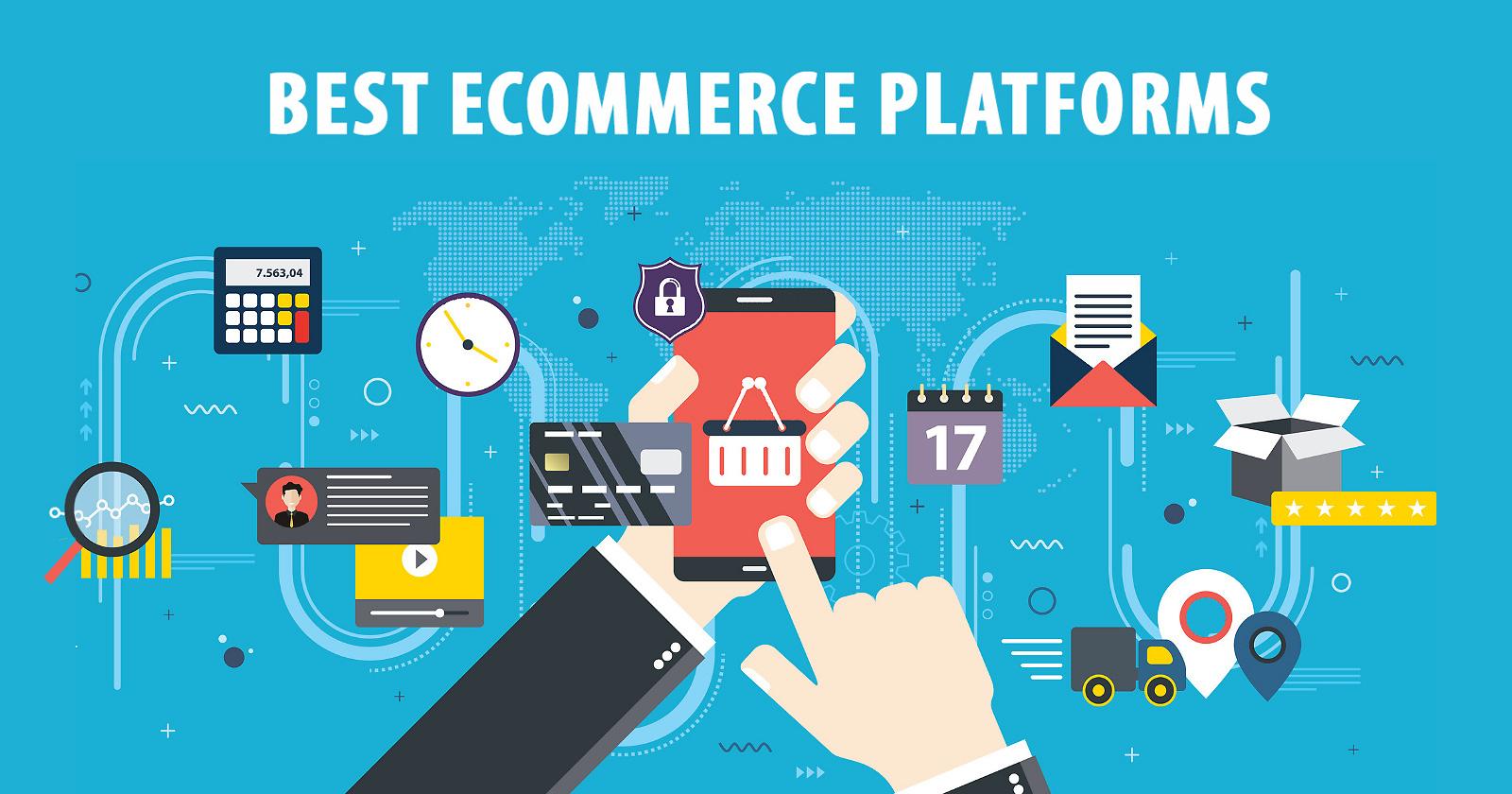
Integrating with Popular Ecommerce Platforms: What You Need to Know
When it comes to running a successful online store, integrating with popular eCommerce platforms is a game-changer. The right hosting provider not only enhances your website’s performance but also ensures seamless connectivity with various platforms like Shopify, WooCommerce, and Magento. Here are some essential insights to consider.
Understand Compatibility: Before diving into a hosting provider, confirm that it supports the specific eCommerce platform you intend to use. Not all hosts are created equal; some are optimized for specific platforms which can significantly affect your site’s speed and performance. Look for hosts that offer:
- One-click installs for easy setup.
- Integration tools that streamline connections with payment gateways and shipping services.
- Scalability options to grow with your business.
Performance Matters: Your hosting provider should prioritize speed and uptime. A slow-loading website can deter potential customers. Look for hosting solutions that offer:
- Content Delivery Network (CDN) integration to enhance load times globally.
- High uptime guarantees for consistent availability.
- SSD storage technology for faster data retrieval.
| Provider | Compatibility | Performance Features |
|---|---|---|
| Bluehost | WooCommerce | Free CDN, 99.9% uptime |
| SiteGround | Shopify, WooCommerce | SuperCacher, SSD Storage |
| WP Engine | WordPress | Automatic backups, CDN included |
Security Features: Security is a top priority for eCommerce sites. Ensure your chosen provider offers robust security measures. Essential features to consider include:
- SSL certificates for secure transactions.
- Regular backups to prevent data loss.
- Malware scanning and removal tools.
Customer Support: reliable customer support can save you from potential headaches. Opt for a hosting provider that offers:
- 24/7 support via multiple channels: chat, email, and phone.
- Knowledge base with tutorials and guides.
- Responsive and knowledgeable staff to assist you in troubleshooting.
By focusing on these key aspects, you’ll not only enhance your eCommerce site’s performance but also create a smoother experience for your customers. The right hosting provider can make all the difference in your online success.
Real User Reviews: Insights from Successful Online Store Owners
When it comes to choosing the best ecommerce hosting provider, hearing from those who have walked the path can be invaluable. Store owners from various niches share their experiences, revealing what truly matters when selecting a host.
Speed Matters: Many successful store owners emphasize the significance of loading speed. As one owner of a fashion retail site shared, “My sales skyrocketed after switching to a provider that guaranteed faster load times. Customers simply don’t wait around for a slow site!”
Reliability is Key: A bookstore owner highlighted the importance of uptime. “I once lost a major sale over a weekend outage. Since I switched to a more reliable host, I’ve had zero complaints about downtime.” This speaks volumes about the need for a provider with a solid track record.
Customer Support: Effective support can make all the difference. An electronics supplier mentioned, “I was able to resolve a critical issue within minutes thanks to 24/7 support. Having a responsive team made me feel secure in my choice.” A host that offers robust customer service can be a game-changer for online businesses.
Scalability: An online gourmet food shop recounted their experience with scalability: “When I started, I needed a host that could grow with me. My provider allows for easy upgrades, which has been essential as my business expanded.” This flexibility is crucial for shops planning to scale.
Security Features: Security is a top concern for ecommerce. A health supplement store owner remarked, “I sleep better at night knowing my host provides SSL certificates and strong malware protection. It’s an investment in my customers’ trust.” Ensuring that your host prioritizes security measures can lead to better customer retention.
Here’s a quick overview of what these successful store owners recommend when choosing an ecommerce hosting provider:
| Feature | Importance |
|---|---|
| Speed | High – Directly affects sales |
| Reliability | Very High – Critical for uptime |
| Customer Support | Essential - Crucial for troubleshooting |
| Scalability | Important – Supports business growth |
| Security | Critical - Builds customer trust |
the insights from experienced ecommerce store owners paint a clear picture: the right hosting provider can significantly impact your business performance. Prioritizing speed, reliability, and customer support while ensuring scalability and security will set you on the path to success.
Final Thoughts: Making the Right Choice for Your Ecommerce Journey
Choosing the right ecommerce hosting provider can be daunting, especially with so many options available in 2025. Each platform offers unique features, pricing plans, and support systems that can significantly impact your online business. Therefore, it’s essential to evaluate your specific needs carefully before making a decision.
First and foremost, consider your budget. Some hosting providers offer robust solutions at competitive prices, while others may require a more substantial investment. Think about the long-term costs and what you’re willing to spend, including potential upgrades as your business grows. It’s often worth investing in a hosting service that provides excellent performance and customer support, as this can save you time and money in the long run.
Next, assess the features that matter most for your store. Do you need unlimited bandwidth? High storage capacity? Or perhaps specific ecommerce tools like integrated payment gateways or customizable templates? Make a list of must-haves and nice-to-haves to help you narrow down your options. Here’s a brief overview of essential features to keep in mind:
- Scalability: Can the hosting service grow with your business?
- Security: What measures are in place to protect customer data?
- Support: Is customer service readily available and reliable?
- Performance: How fast is the hosting service? Speed can affect your site’s SEO and user experience.
Another critical factor is the ease of use. If you’re new to ecommerce, a user-friendly interface can make all the difference. Look for hosting providers that offer intuitive dashboards and easy setup processes. Additionally, check for available documentation and resources, which can help you navigate any challenges you might encounter along the way.
Don’t forget about the importance of scalability. As your business grows, your hosting needs may change. Choose a provider that offers flexible plans and options for upgrading without significant downtime or hassle. This can give you peace of mind, knowing that your website can accommodate increased traffic and sales.
take advantage of trial periods and money-back guarantees to test the waters. Many hosting companies allow you to explore their services risk-free, enabling you to determine if they are the right fit for your online store.
the choice of your ecommerce hosting provider can play a pivotal role in your online success. By carefully weighing your options and considering factors such as budget, features, ease of use, and scalability, you will be better prepared to make an informed decision that sets the stage for a thriving ecommerce journey.
Frequently Asked Questions (FAQ)
Sure! Here’s a Q&A format for an article discussing “The 6 Best Ecommerce Hosting Providers in 2025.” This format aims to engage readers and persuade them to consider these options for their online business.
Q: Why is choosing the right ecommerce hosting provider so crucial for my online store?
A: Great question! Your ecommerce hosting provider is like the foundation of your online business. It affects everything from site speed and security to uptime and customer experience. A reliable host can ensure your website runs smoothly, loads quickly, and can handle traffic spikes during busy seasons. Plus, the right hosting provider can offer essential features like SSL certificates, backup solutions, and customer support that are vital for ecommerce success.
Q: What should I look for in an ecommerce hosting provider?
A: You want to keep an eye out for a few key features. First, look for scalability—your hosting should grow with your business. Next, prioritize security; you need robust protection for customer data. Don’t forget about uptime—99.9% is the gold standard—because any downtime means lost sales! Good customer support is also a must; having someone to help you 24/7 can make all the difference when issues arise.
Q: Can you give me the top recommendations for ecommerce hosting providers in 2025?
A: Absolutely! Here are our top six ecommerce hosting providers for 2025:
- Shopify – Known for its user-friendly interface, Shopify is perfect for both beginners and seasoned pros. It offers a vast app marketplace and excellent security features.
- WooCommerce on Bluehost – If you’re looking for flexibility, WooCommerce paired with Bluehost is a winning combination. It’s great for WordPress users and offers easy scalability.
- BigCommerce – This is a powerhouse for larger online stores. BigCommerce offers advanced features and is built for growth, making it ideal for businesses looking to scale.
- SiteGround – Renowned for outstanding customer support, SiteGround provides excellent speed and security, making it a favorite among ecommerce entrepreneurs.
- Wix – Wix is perfect for those who want beautiful design templates without the hassle. It’s a great choice for small to medium-sized businesses looking to create visually stunning online stores.
- A2 Hosting – A2 Hosting is famous for its speed and reliability. With a focus on performance, it’s an excellent choice for businesses that prioritize quick loading times.
Q: What do these providers offer in terms of pricing? Are they affordable for small businesses?
A: Pricing varies, but most of these providers offer tiered plans to suit different budgets. For example, Shopify has plans starting at just $29/month, which is quite reasonable for the features you get. WooCommerce can be very budget-friendly, especially if you already have a WordPress site. It’s all about finding a provider that balances your specific needs with your budget!
Q: How do I know which hosting provider is right for me?
A: It really comes down to your specific needs. If you’re just starting out, Shopify or Wix might be the easiest to use. If you have a little more tech-savvy and want customization, WooCommerce with Bluehost could be your best bet. Bigger businesses might lean towards BigCommerce for its scalability. It’s all about aligning the hosting features with your business goals!
Q: Can I switch hosting providers later if I need to?
A: Yes, switching is definitely possible! While it can involve some technical steps, many hosting providers have guides and customer support to help you through the process. Just keep in mind that it’s often easier to start with the right provider from the get-go, so you don’t have to deal with the hassle of migration later.
Q: Any final tips for choosing an ecommerce hosting provider?
A: Definitely! Take your time to research and consider your long-term plans. Read reviews and perhaps even test out customer service before committing. Also, think about the future—don’t just look for a provider that meets your current needs, but one that can support your growth as your business expands. After all, a strong foundation is essential for a thriving online store!
This conversational Q&A format is designed to guide readers through the important considerations when choosing an ecommerce hosting provider while showcasing the recommended options for 2025.
To Conclude
As we wrap up our exploration of the six best eCommerce hosting providers for 2025, it’s clear that choosing the right platform is more crucial than ever. With the rapid evolution of online shopping, the right hosting solution can be the difference between a thriving business and a missed opportunity.
Each of the providers we’ve discussed offers unique features tailored to meet diverse needs—whether you’re a startup aiming to make your mark or an established brand looking to elevate your online presence. Remember, investing in quality hosting isn’t just about speed and uptime; it’s about ensuring that your customers enjoy a seamless shopping experience.
So, as you consider your options, weigh the pros and cons, and think about what matters most for your business. Take the time to explore these hosting solutions, and don’t hesitate to reach out to them with any questions. Trust us, your future self (and your customers) will thank you for it!
Ready to take the plunge? Your eCommerce journey starts with the right foundation—choose wisely, and watch your online store thrive!



